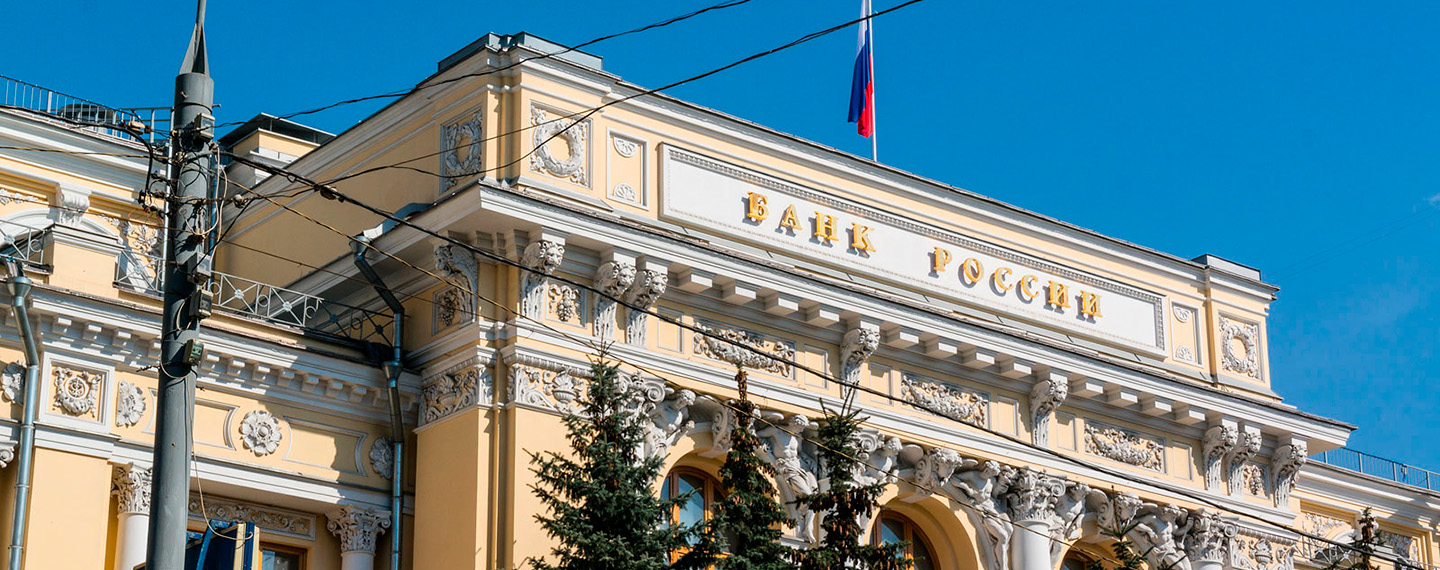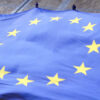War, as well as causing death and destruction, is harmful to economies: it destroys physical and human capital, increases uncertainty and stifles investment and consumption. But in addition to the direct economic impact of the war in Ukraine –which will bring both the Ukrainian and, owing to Western sanctions, the Russian economies to a shuddering halt– one must also mention the unclear effect of turbulence in the fuel and raw materials markets, with fallout that is still very uncertain for Europe, as well as the impact of other economic measures that may be adopted in the future if the conflict persists. All this will steer the world economy, in the best-case scenarios, towards lower growth and greater inflation; and, in the worst case scenario, to an acute stalling of growth that could turn into a recession in many European countries (and elsewhere) owing to shocks in the financial and commodity markets.
The war is taking place in the context of a worldwide economic recovery after leaving the worst of the COVID-19 pandemic behind, with growth in prices not seen for decades and major bottlenecks in global supply chains. Naturally, the main economic impact of the war will be suffered by Ukraine. That said, it is also highly likely that the sanctions imposed on Russia will create a financial crisis and an acute recession in the Russian economy, which is somewhat larger than Spain’s and accounts for just 1.7% of global GDP but has a systemic importance in certain sectors. Beyond this it is hazardous to speculate what the economic impact of the invasion will be. It will depend on the duration of the conflict and the way Russia responds to the Western sanctions, particularly in terms of fuel. Forty percent of the gas imported by the EU is supplied by Russia, and this figure climbs to 100% for Bulgaria, 80% for Poland, around 60% for Austria and Hungary, 50% for Germany and 40% for Italy. But, of course, the gas price has risen by more than 50% in the last week, which will affect all European economies. And the same may be said of higher oil prices. It should also be emphasised that Russia (and to a lesser extent Ukraine) is a major exporter of wheat, copper, nickel, platinum, palladium and titanium. Higher food prices stemming from a shortage of wheat could unleash social tensions in emerging and developing countries, as occurred in 2010, while the aforementioned minerals are used in the manufacture of cars, electronic equipment and aircraft, the supply chains for which have already been under considerable strain for months.
In recent days many historical comparisons have been drawn between the Russian invasion of Ukraine and some of the darkest episodes Europe has endured over the course of the 20th century. Leaving aside the similarities, what is unprecedented is the nature of the economic sanctions against Russia, which have been made possible by the pace of the economic, financial and technological globalisation of recent years. The measures are so sweeping that they could lead to the complete isolation of the Russian economy, as well as having a negative effect on the countries that impose them. Their goal –in addition to showing the strength of the allies, which have always made it clear that they would not engage in direct war with Russia, but have demonstrated that the economy can be almost as destructive as weapons– is to reduce support for Putin among Russia’s elites and public opinion. But such measures may trigger an even harsher Russian reaction, in both military and economic-energy terms, thereby making the economic damage even more severe.
Apart from the traditional trade sanctions, which had already been imposed after the Russian annexation of Crimea in 2014 but had a limited impact, what is genuinely innovative has come in the financial arena.
First, after some misgivings on the part of Germany and Italy, which are highly dependent on Russian gas and feared supply embargoes that have not for the time being materialised, it has been decided to remove some Russian banks from the SWIFT system. SWIFT enables commercial banks almost all over the world to make transfers, so that excluding them from the system means cutting them off from financial globalisation. Naturally, this also damages Western banks and businesses, which can no longer receive payments from Russia via SWIFT as they once did. However, the West has decided to keep SWIFT access for those banks more focused on the energy sector, so as not to curb the flow of liquidity used to pay for gas purchases; this has created a somewhat Kafkaesque situation in which the rouble is depreciating massively owing to the sanctions, while on the other hand, with the rise in gas and oil prices, Russia is increasing its revenues in dollars.
Secondly, in perhaps the most surprising and drastic measure, a large part of the Russian central bank’s foreign assets has been frozen. This step is unprecedented in the history of economic sanctions. Russia had prepared for a possible war and had built up US$630 billion in reserves, and it was argued that it could use this to cushion the economic impact of sanctions and reduce the exchange-rate volatility arising from the conflict; but with the freezing of almost two thirds of the Russian central bank’s foreign assets (whether in commercial banks in the form of financial assets or as deposits in other central banks), its capacity to operate in the currency markets has been significantly damaged at the same time as its currency and part of its financial system have started springing leaks. Russia has gone on the defensive by shutting down its stock market to ward off panic, raising interest rates to 20% to retain Russians’ savings in their banks and instructing the large exporting businesses, many of them fuel exporters sitting on large cash piles, to sell their dollars in the marketplace to offset the fall in the rouble (Russia receives some US$700 million every day from selling its energy products abroad). In other words, the intervention that would normally fall to the Russian central bank to stabilise the economy is now being carried out by companies. Be that as it may, it is likely that the rouble will carry on depreciating and that inflation in Russia will continue to rise.
Thirdly, the sanctions have included the freezing of assets and travel restrictions imposed on many senior Russian figures, including President Putin himself and his Foreign Minister, Lavrov, and many oligarchs close to the Kremlin, who can no longer enjoy their global jet-setting lifestyles in quite the same way. For its part, Germany has announced the suspension of the Nord Stream 2 gas pipeline and the West as a whole has announced a ban on technology exports to Russia. Airspace has been closed off to Russian airlines and BP and Shell have announced sell-offs of holdings worth US$25 billion and US$3 billion in the Russian energy companies Rosneft and Gazprom, respectively. In response, Russia has banned the sale of assets by foreigners in Russia and has also imposed capital controls to ensure that foreign capital cannot be removed from the country.
Lastly, the sanctions have been extended to many socio-cultural spheres, where they have an impact, part economic and part symbolic, that should not be underestimated. It is not only that Russia will not be able to take part in this year’s Eurovision Song Contest. The International Olympic Committee has recommended all sports federations to ban the participation of Russian and Belorussian athletes in their competitions, Russian teams have been excluded from basketball competitions and both FIFA and UEFA have forbidden Russian teams from taking part in their competitions, meaning that Spartak Moscow has been eliminated from the Europa League and the Russian national team will not be able to compete in the play-offs for a chance to take part in the Qatar World Cup in December. Moreover, UEFA has terminated Gazprom’s sponsorship contract and has announced that the final of this year’s Champions League will not be held in St. Petersburg as originally planned. Here too the sanctions have an economic impact, and are extremely tough and unprecedented, with the clear intention of ensuring that the vast majority of the Russian population recognise the severity of the situation and exert pressure on Putin to end the war.
The effectiveness of economic boycotts has always sparked considerable debate. Various studies suggest that sanctions change the behaviour of countries in only 40% of cases. As has already been pointed out, however, sanctions on this scale have never hitherto been applied and even neutral countries such as Finland, Sweden and Switzerland (no less) have signed up to the boycott. It remains to be seen what the reaction of other great powers, such as China and India, will be. Specifically, China could offer Russia use of the CIPS interbanking payment system to get round exclusion from SWIFT. In any event, the sanctions are a major setback to the Russian economy and might trigger an aggressive response on its part, such as cuts in the supply of gas to individual countries. For all these reasons, it is likely that the days ahead will also be of major importance in the economic arena of the war.
Image: Central Bank of Russia. Photo: Фотобанк Moscow-Live (CC BY-NC-SA 2.0)




